…
Psychology related worksheets, resources, psychoeducation – and links to other sites that provide valuable resources along these lines including self help resources and information.
Links to external resources:
-
Provides free resources for therapists, including worksheets to download, psychological models, translated resources, and welcomes resource contributions from everyone. Psychology Tools was set up by a clinical psychologist in 2008 “as a way to develop and share materials useful to psychological therapists”. I have made use of this website for several years.
◊◊◊◊◊◊◊◊◊◊◊◊◊◊◊◊◊◊◊◊◊◊◊◊◊◊◊◊◊◊◊◊◊◊◊◊◊◊◊◊◊◊◊◊◊◊◊◊◊◊◊
Get Self Help – (http://www.getselfhelp.co.uk/)
-
“Self Help & Therapist Resources”. A good resource for psychological education sheets, worksheets, therapy and self help related materials. Provides information for self help, therapists, trainees, mental health professionals. I have been using this site for helpful worksheets and inspiration for, hmm probably about 5 years!
◊◊◊◊◊◊◊◊◊◊◊◊◊◊◊◊◊◊◊◊◊◊◊◊◊◊◊◊◊◊◊◊◊◊◊◊◊◊◊◊◊◊◊◊◊◊◊◊◊◊◊
NHS self help leaflets
-
Some NHS trusts have produced a range of self help guides for a wide range of problems including depression, PTSD, anxiety, OCD, panic and more – the guides are meant as an introduction to self help techniques and people might need to seek additional support from a health professional. Have a google to find the topic/guide you are interested in
-
-
IAPT have some self help guides – here is a link to translated self help guides, including Arabic, Bengali, Farsi, French, Hindi, Urdu and more. English versions also available
-
◊◊◊◊◊◊◊◊◊◊◊◊◊◊◊◊◊◊◊◊◊◊◊◊◊◊◊◊◊◊◊◊◊◊◊◊◊◊◊◊◊◊◊◊◊◊◊◊◊◊◊
Centre for Clinical Interventions
-
Has a number of resources for mental health practitioners including therapist manuals, brief information sheets and worksheets covering a range of topics including depression, bipolar disorder, social anxiety, unhelpful thinking styles, self-esteem, eating disorders, generalized anxiety and mindfulness, panic, sleep, procrastination, pperfectionism
- Sheets include resources such as thought diaries, goals records, core beliefs worksheets, to name a few
- There are also downloadable packs for “consumers“
- Downloads are well and neatly presented, illustrated, and contain many examples to explain and illustrate the points they present
- Please read their full disclaimer if you are interested, for example they write that the information provided in the information packages is intended for information purposes only…. “information packages are not meant to treat depression, social anxiety, bipolar disorder or any other mental illness….the information on this website is NOT a substitute for proper diagnosis, treatment or the provision of advice by an appropriate health professional…”[more]
◊◊◊◊◊◊◊◊◊◊◊◊◊◊◊◊◊◊◊◊◊◊◊◊◊◊◊◊◊◊◊◊◊◊◊◊◊◊◊◊◊◊◊◊◊◊◊◊◊◊◊
Mind – for better mental health – charity – information and support
-
Information on types of mental health problems, treatments, helping others, legal rights, tips for everyday living guides to support and services, and helplines
-
◊◊◊◊◊◊◊◊◊◊◊◊◊◊◊◊◊◊◊◊◊◊◊◊◊◊◊◊◊◊◊◊◊◊◊◊◊◊◊◊◊◊◊◊◊◊◊◊◊◊◊
The Compassionate Mind Foundation
-
“Set up in 2006 the Foundation aims to promote wellbeing through the scientific understanding and application of compassion”
◊◊◊◊◊◊◊◊◊◊◊◊◊◊◊◊◊◊◊◊◊◊◊◊◊◊◊◊◊◊◊◊◊◊◊◊◊◊◊◊◊◊◊◊◊◊◊◊◊◊◊
-
Useful directory and search engine for finding a counsellor, psychologist or psychotherapist near you (UK)
◊◊◊◊◊◊◊◊◊◊◊◊◊◊◊◊◊◊◊◊◊◊◊◊◊◊◊◊◊◊◊◊◊◊◊◊◊◊◊◊◊◊◊◊◊◊◊◊◊◊◊
The British Psychological Society – Careers Resources
-
Information about careers, education and training in psychology from the BPS
◊◊◊◊◊◊◊◊◊◊◊◊◊◊◊◊◊◊◊◊◊◊◊◊◊◊◊◊◊◊◊◊◊◊◊◊◊◊◊◊◊◊◊◊◊◊◊◊◊◊◊
General Links
Links to a range of pregnancy/parenting/baby/child related information
(I am not affiliated with any of these sites / resources; they are just some options that I’ve come across that you might find relevant)
General pregnancy and baby guides
- A general pregnancy and baby guide from the NHS website – I looked up many issues and queries during my pregnancy and first few months of LL’s life here. Pages include short videos on many topics.
- Pregnancy related questions – From the NHS website. covers issues including food and drink during pregnancy, pre-conception, travel during pregnancy, labour, and more.
Information for parents
- The Start 4 Life website – There is a range of information on the Start 4 Life website including on breastfeeding, introducing solids, and sections relevant to Mums, Dads, Babies and Professionals. You can also sign up for weekly emails
Feeding
General activities, play and learning ideas/tips
There are so many sites and resources out there that detail creative and helpful play and activity ideas. These are just a few that i’ve come across and have probably pinned ideas to the Baby Brain Pinterest board. I have no personal or professional connection to any of the boards or authors, I just liked some of their activities and ideas.
- The Imagination Tree – a wide range of creative play and learning activities for babies, toddlers, preschoolers and school age
- Where imagination grows – range of art, craft, toddler and preschoolers activities including playing with light
- Laughing kids learn – range of sensory play, art&craft, numeracy, science and recipe examples including a zipper board, busy bags, tugging box, with lovely bright and easy to follow pictures
- Adventures at home with mum – a variety of play and DIY activity ideas including sensory boxes and home made toys, with pictures to illustrate the idea and how baby responds, and nice clear lists of “baby learning concepts” included for the activity such as helps with fine motor skills, developing hand eye coordination, etc.
- No Time for Flash Cards – site that covers a range of early education and creative play ideas, activities and crafts for kids, including sensory activities, fine and gross motor skills, pretend play, books and reading. You can also helpfully search for activities by age, from infant to school age
Disclaimer: baby-brain.co.uk can not take responsibility for any of the content or advice supplied on any linked to external websites. Baby-brain.co.uk is not affiliated with any of these sites and only links to them as a references source that you may chose to look at for further information if you deem necessary. Baby-brain.co.uk accepts no liability for any consequences arising from the use of any resources made available on this website. Materials referred to and supplied here are intended to be read as interest pieces only, and not as direct advice or in place of guidance and advice from a qualified health care professional who you have consulted with. If you have any questions / concerns / issues regarding your child’s development / well-being, or yours or anyone’s mental health and well-being, please contact your GP, Health Visitor, Paediatrician, Midwife, or other relevant health care professional. Adult supervision is required for any activity featured on this blog. Please decide based on each individual activity if it is appropriate for you and your own child.
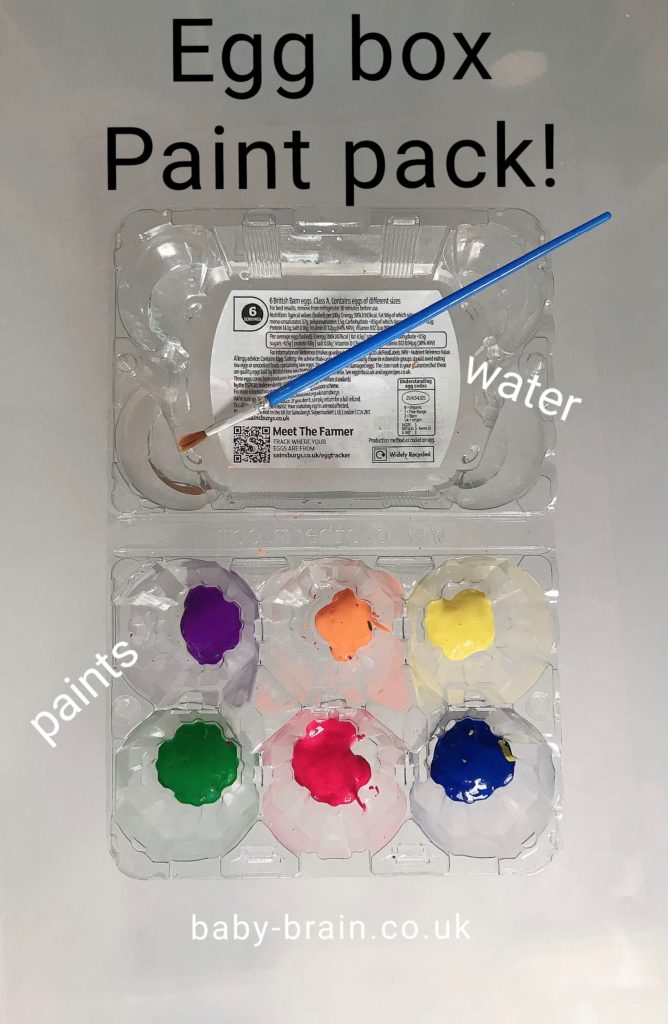


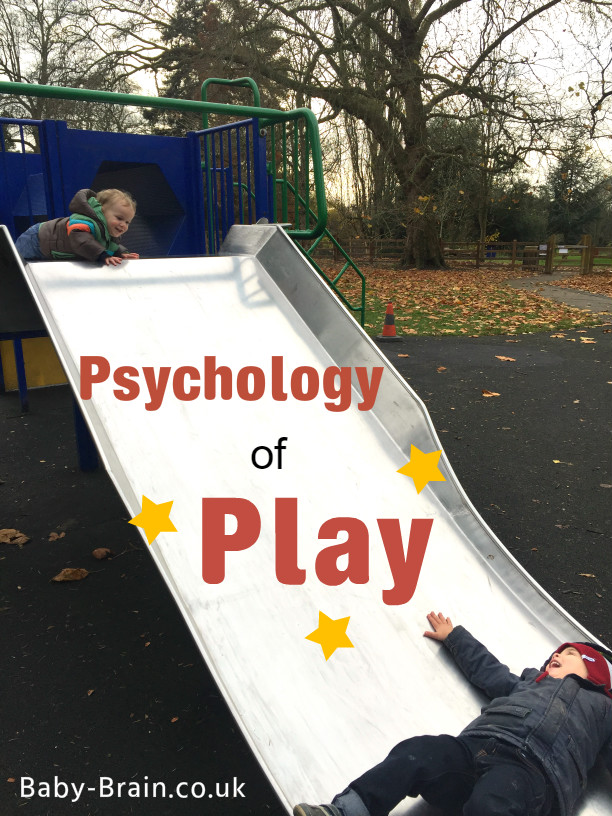
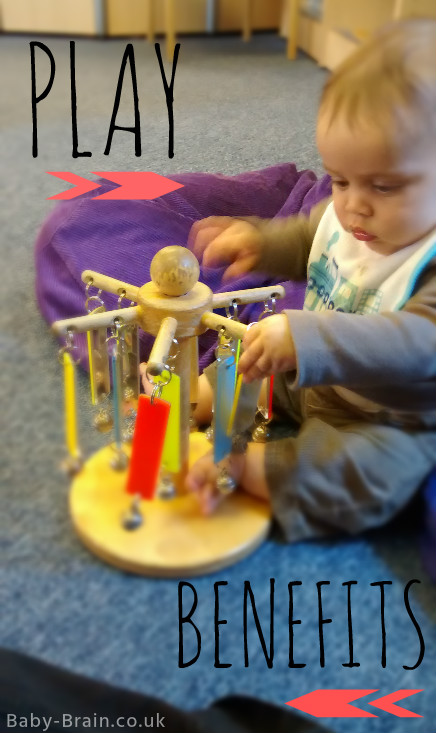
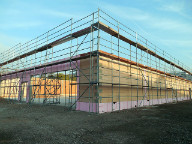
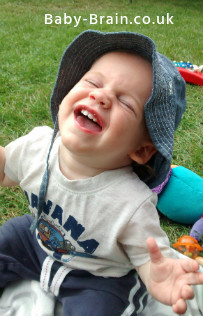
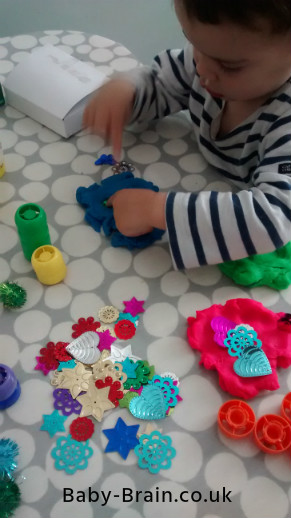 Get creative
Get creative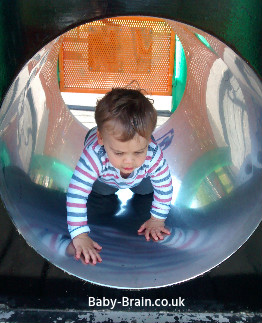
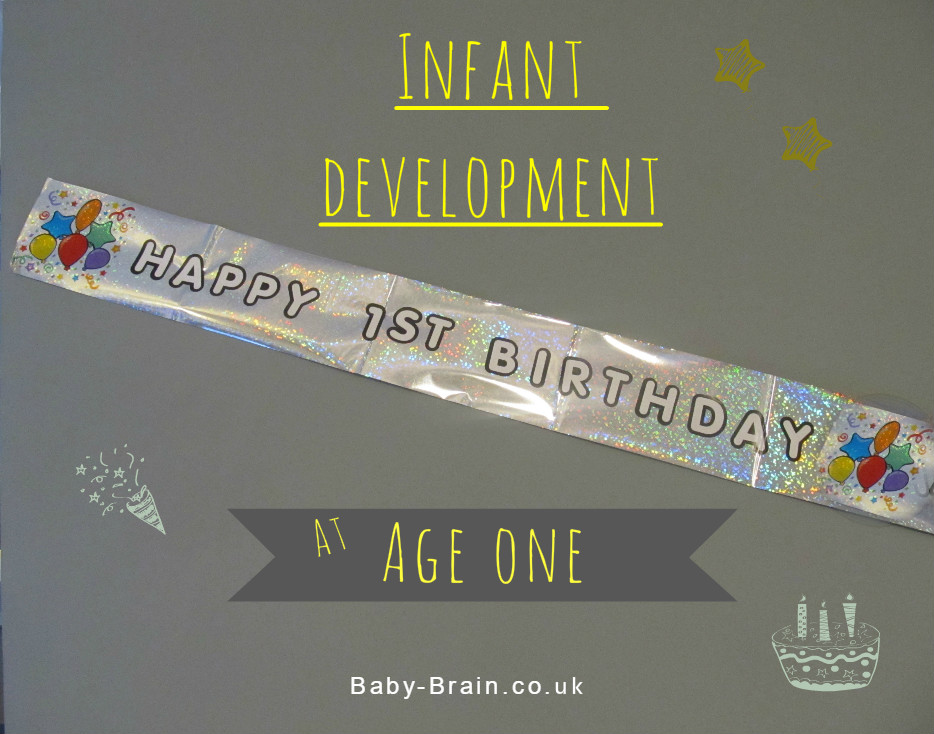
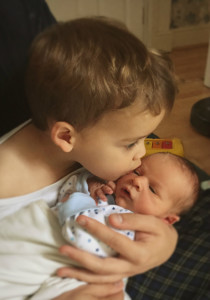
 Baby feeding & changing facilities at UK airports, London Gatwick, Heathrow, City, Luton, Stansted
Baby feeding & changing facilities at UK airports, London Gatwick, Heathrow, City, Luton, Stansted